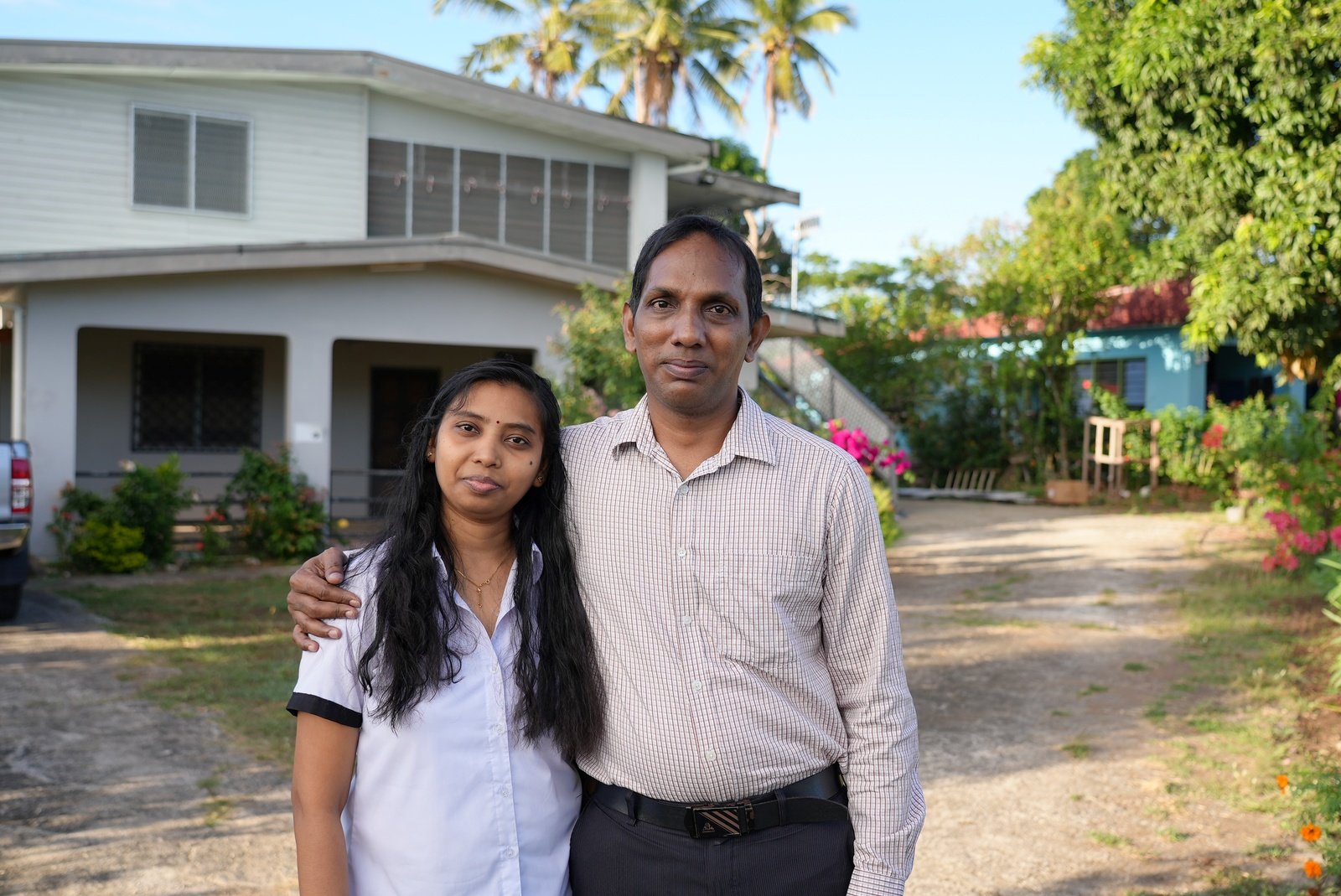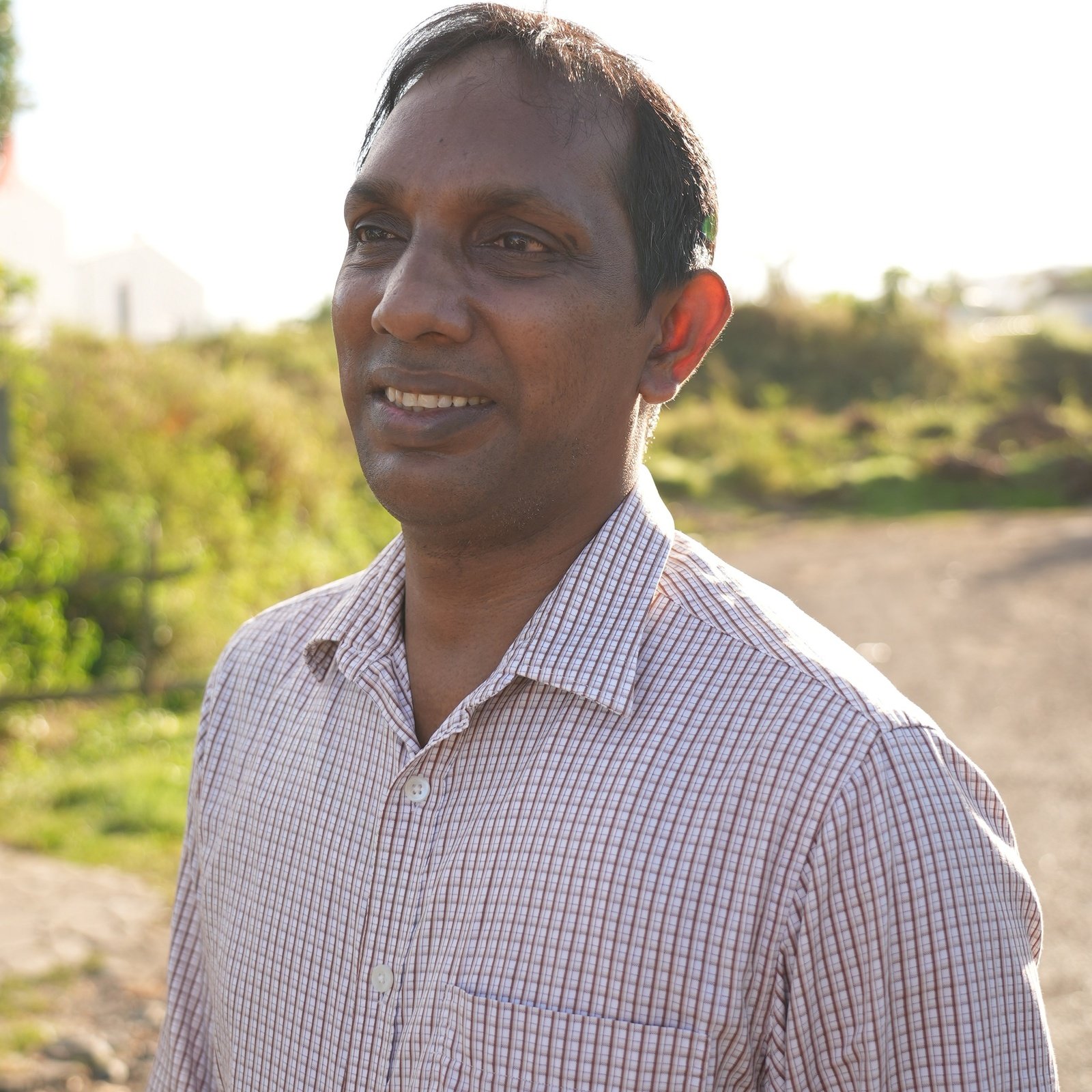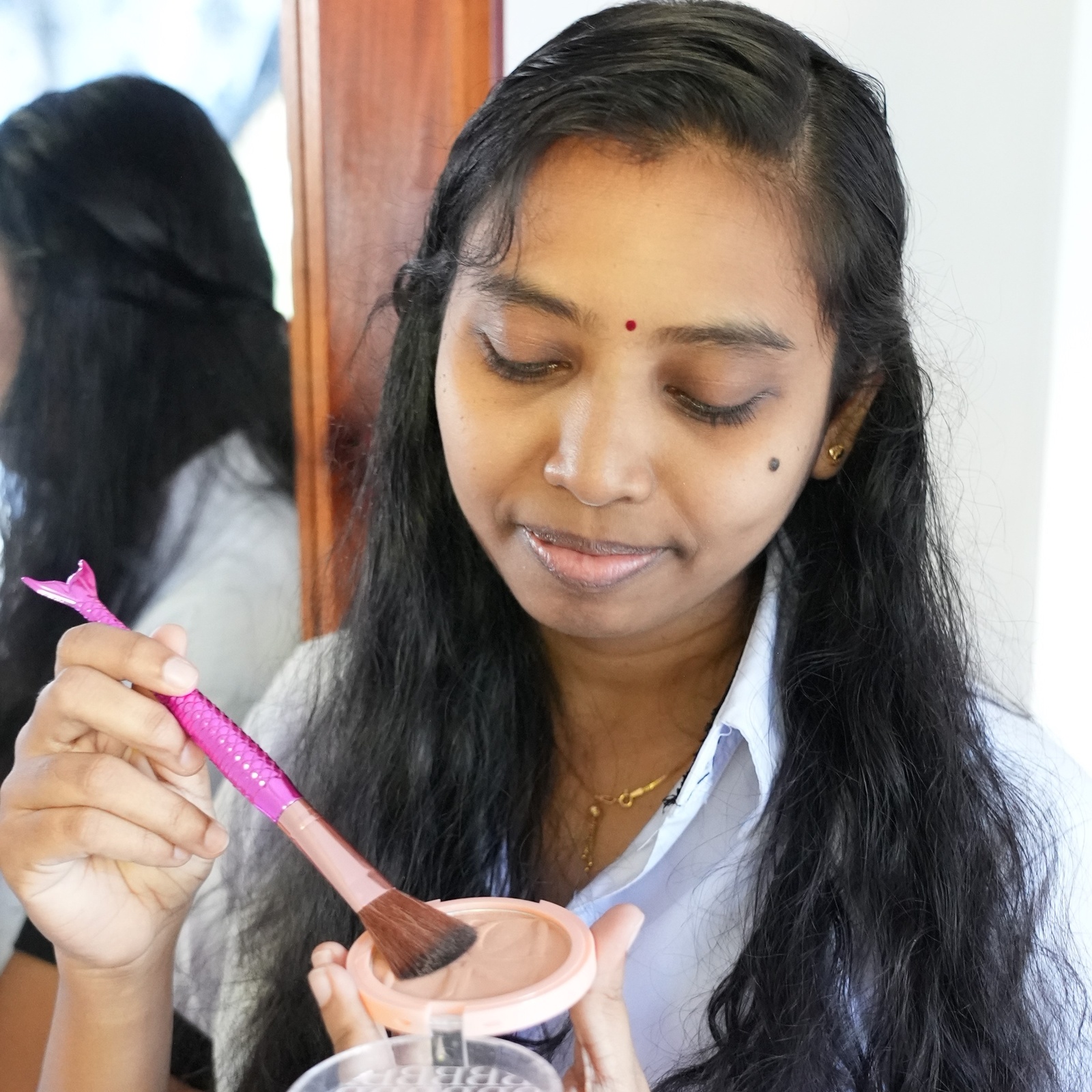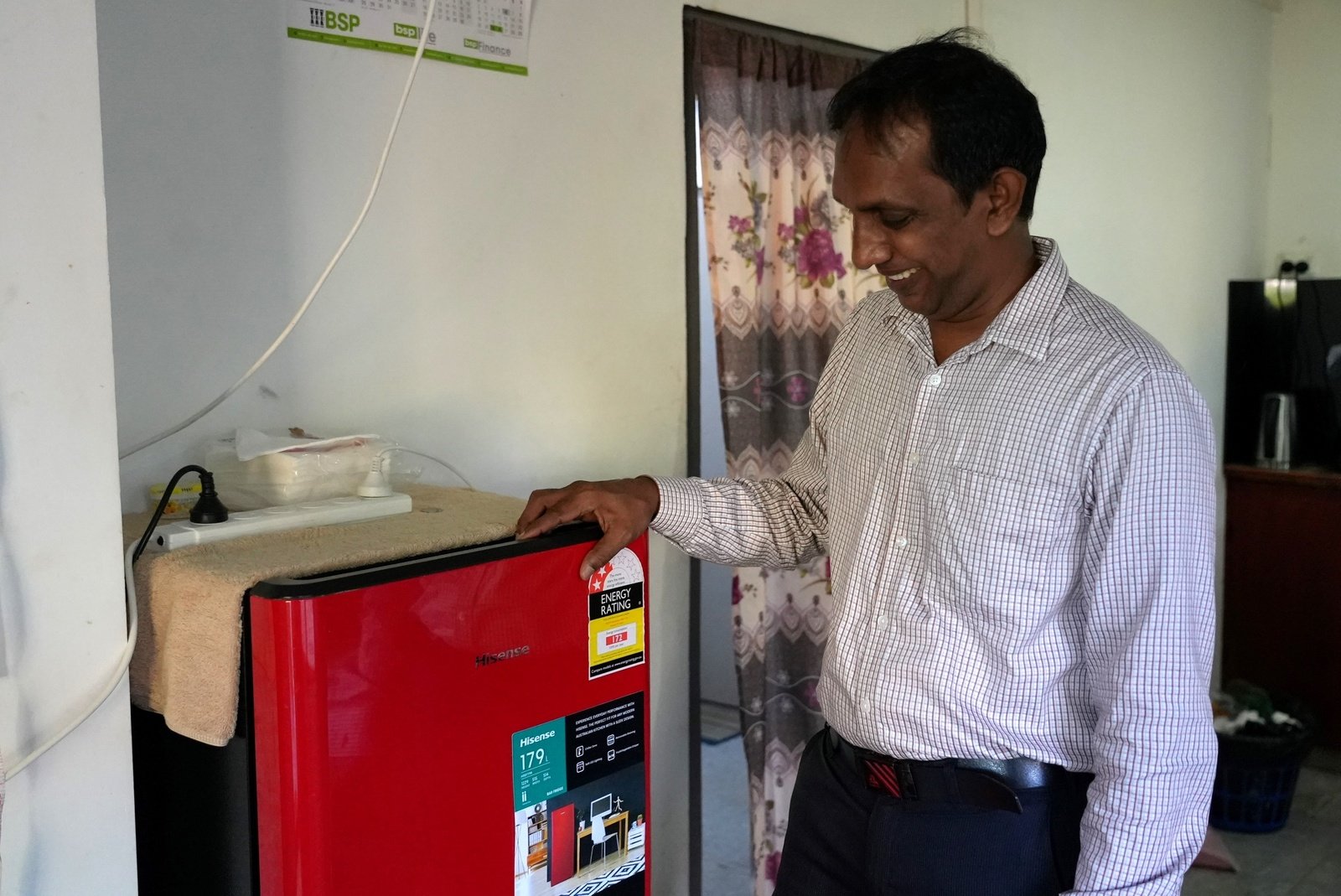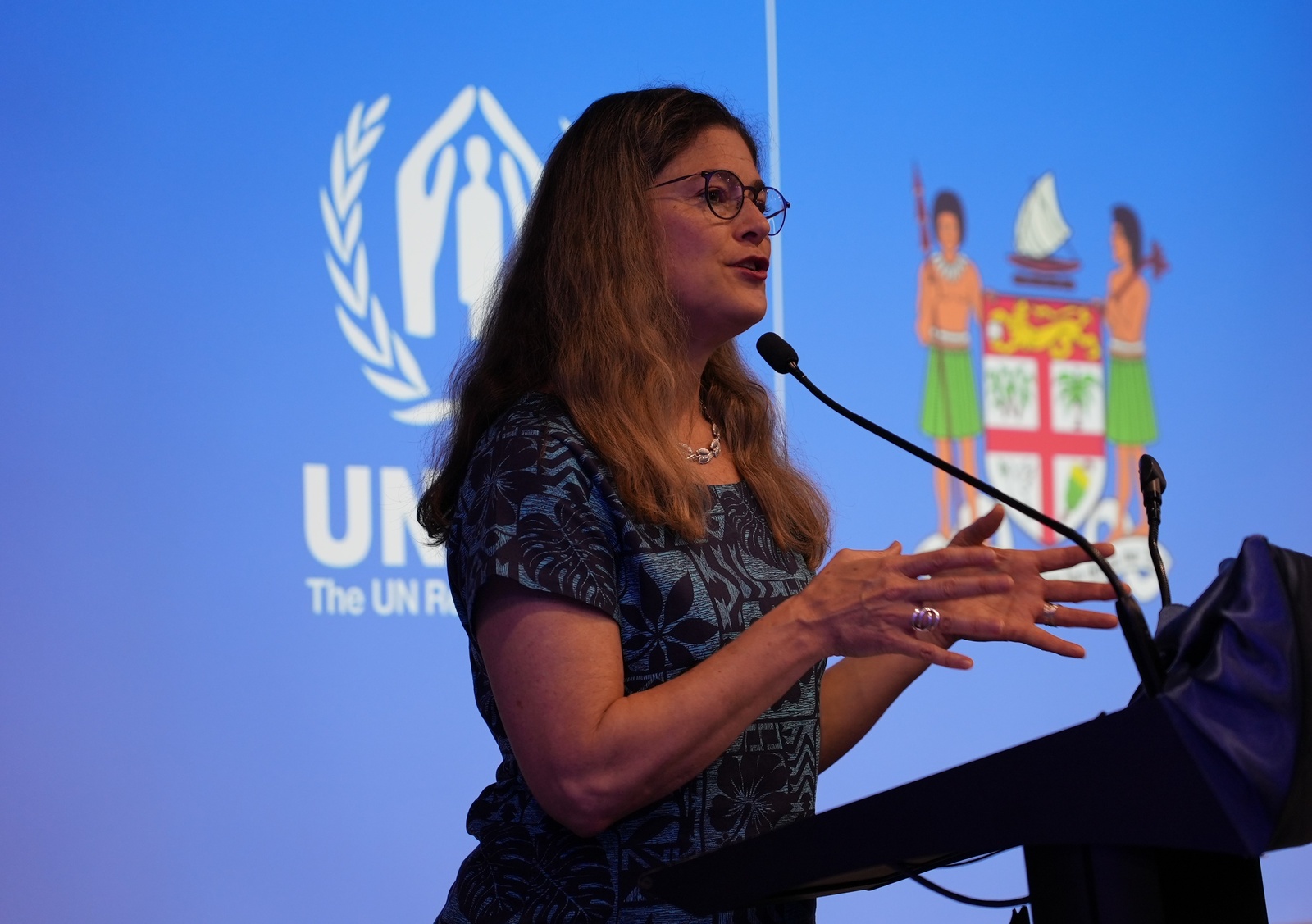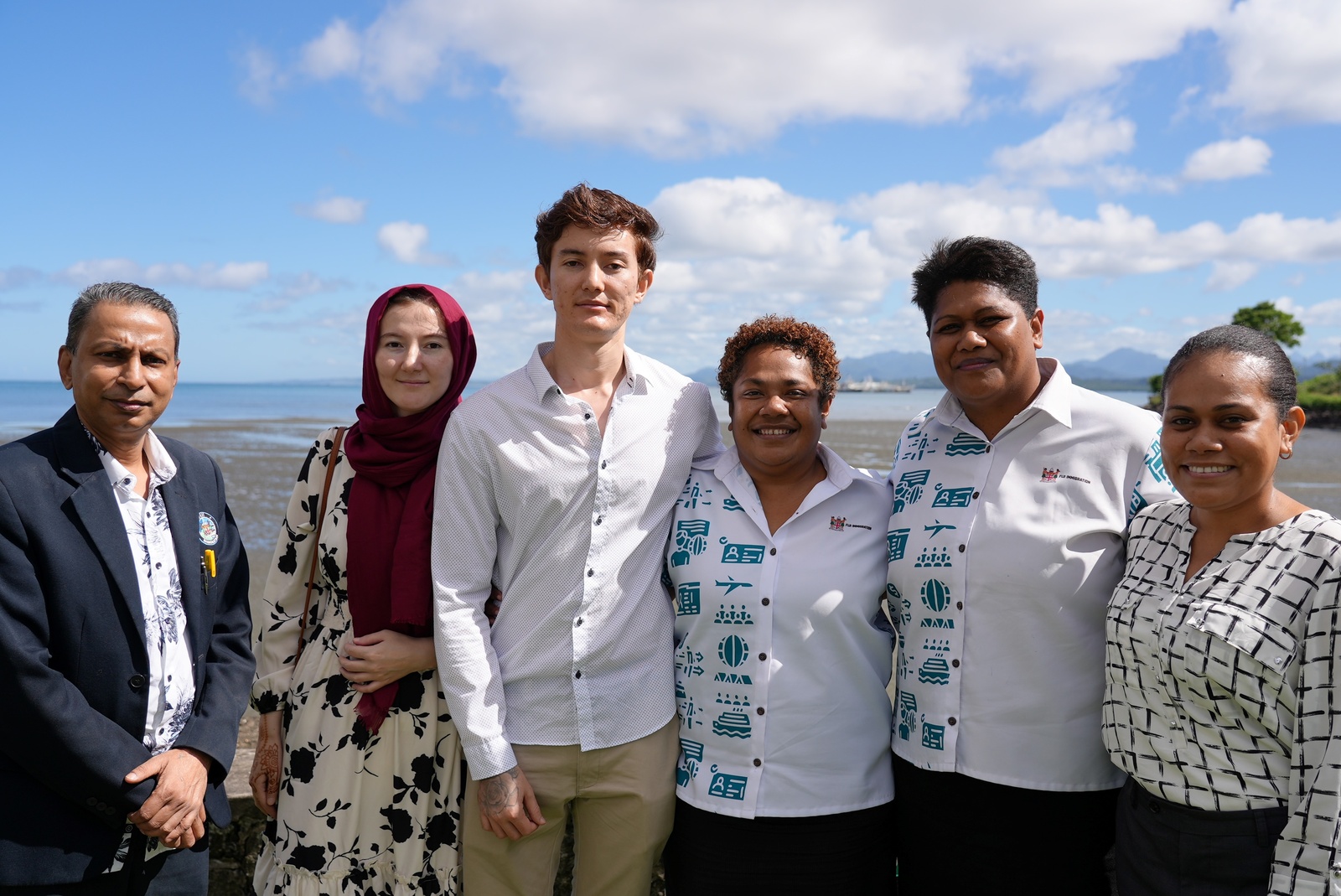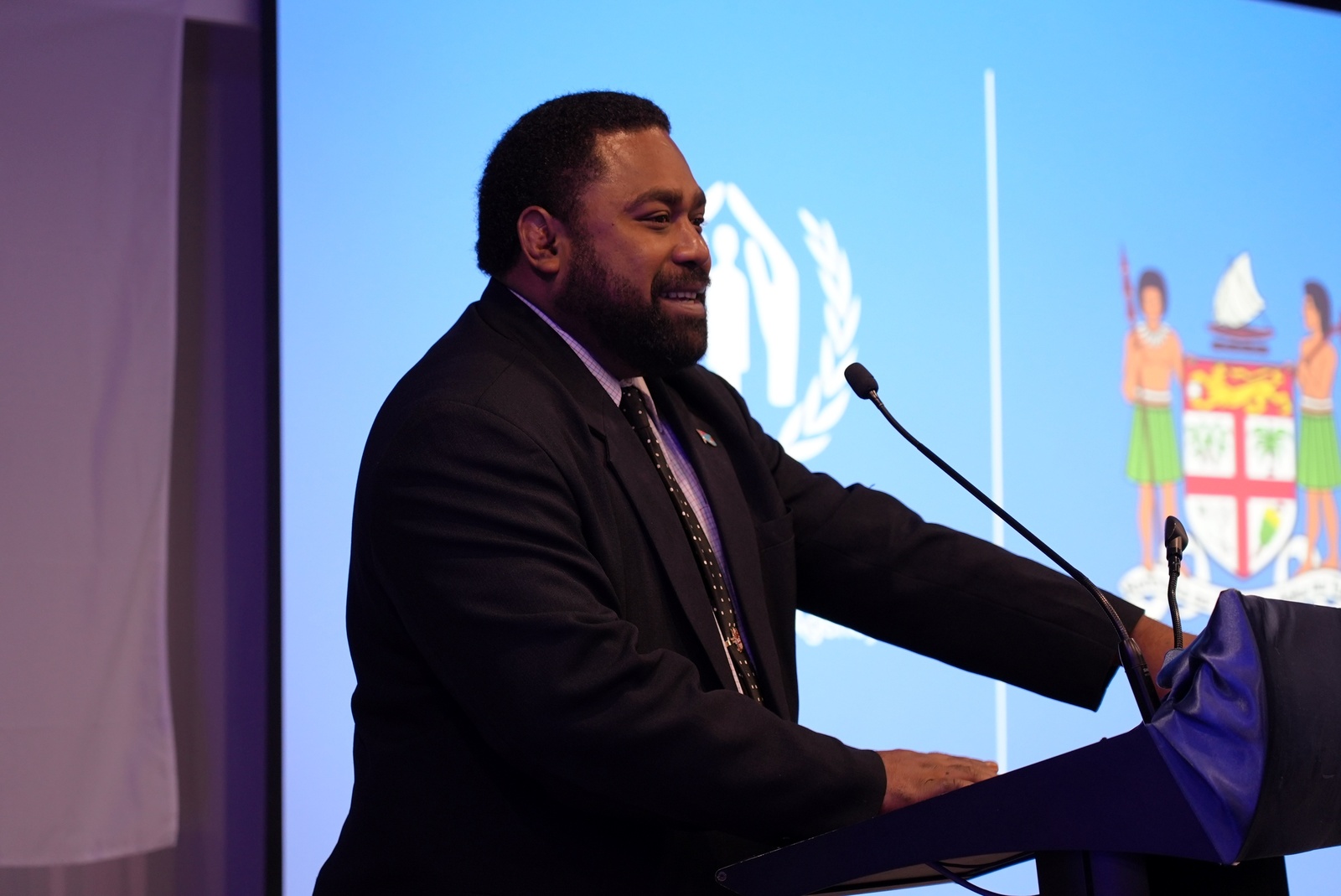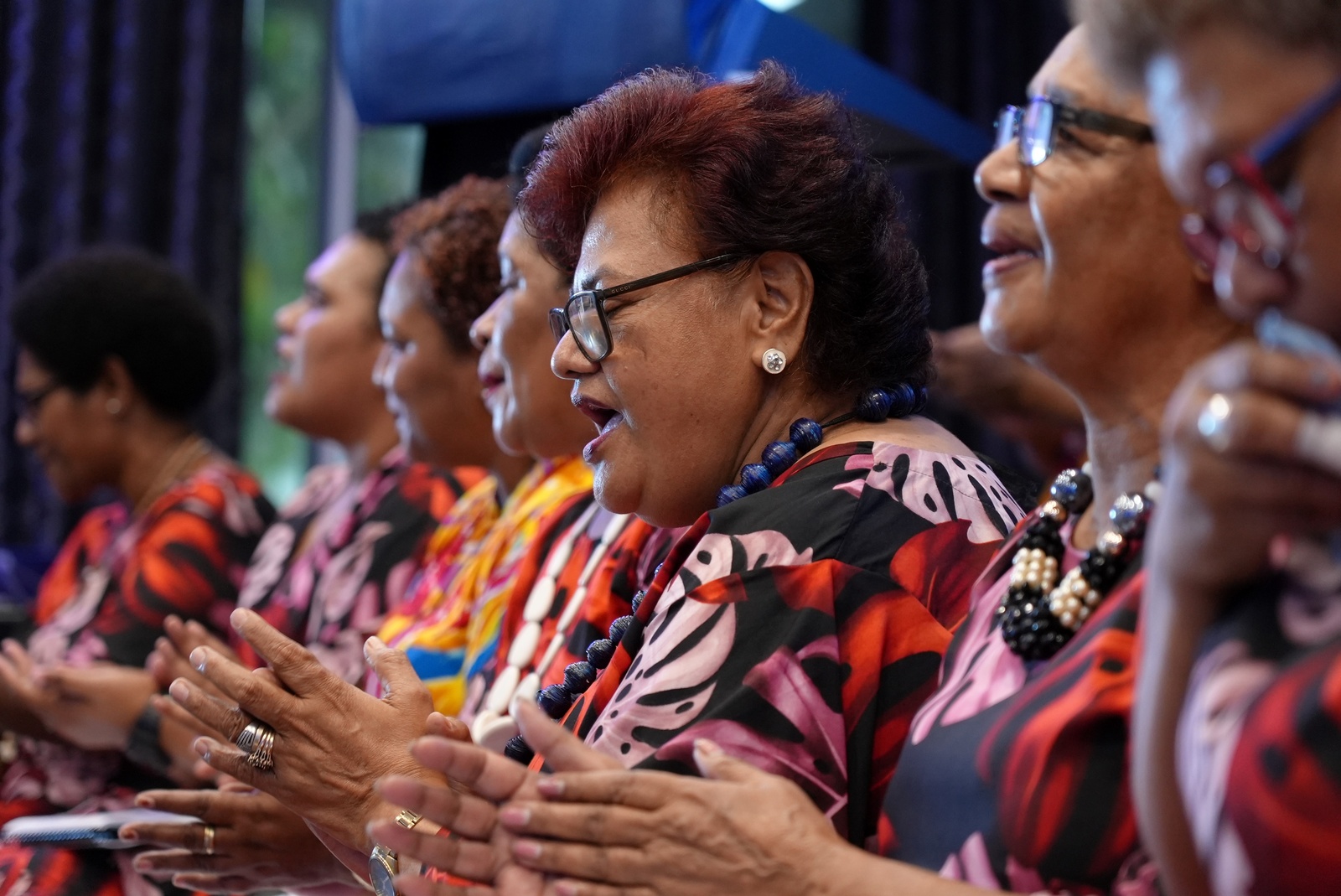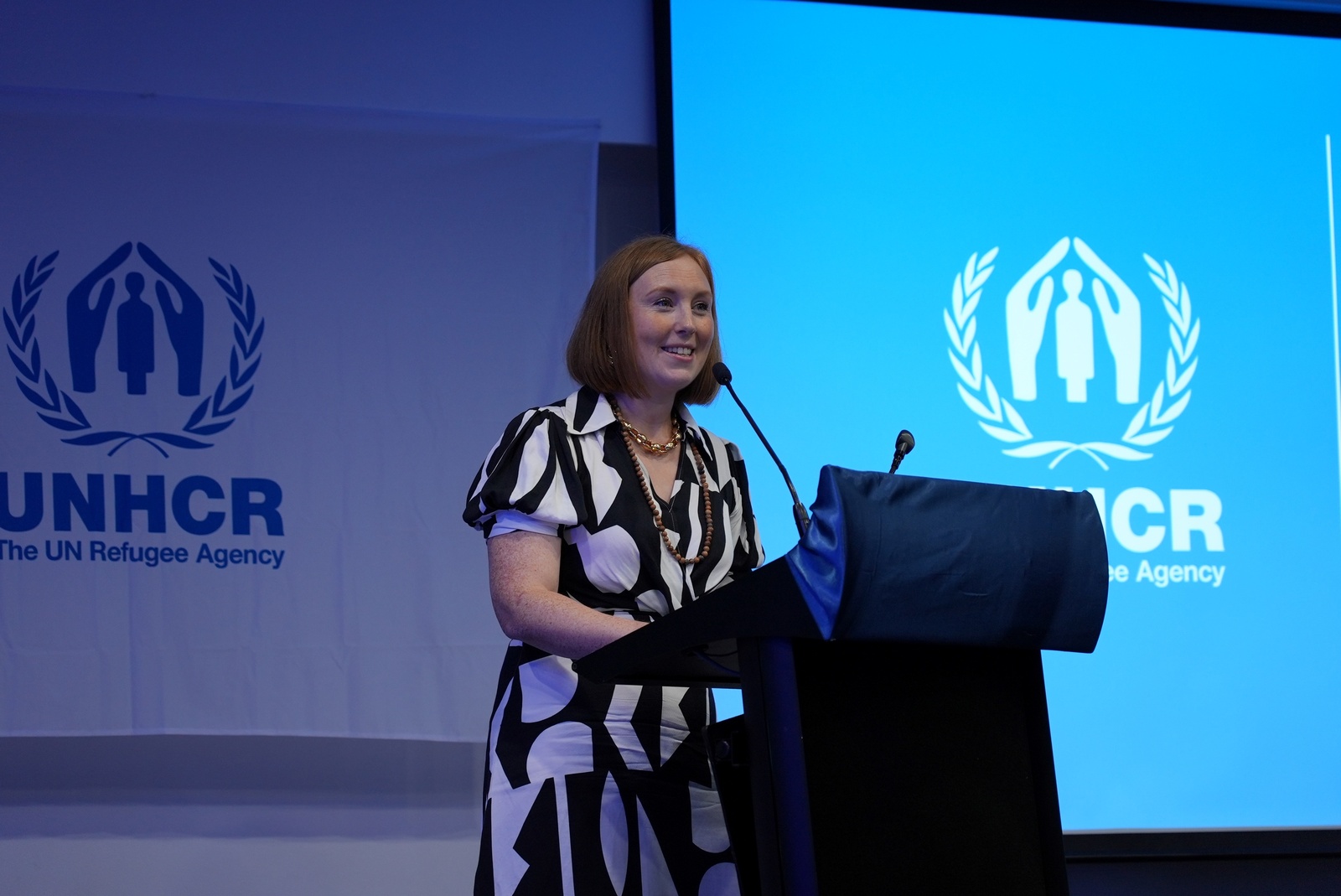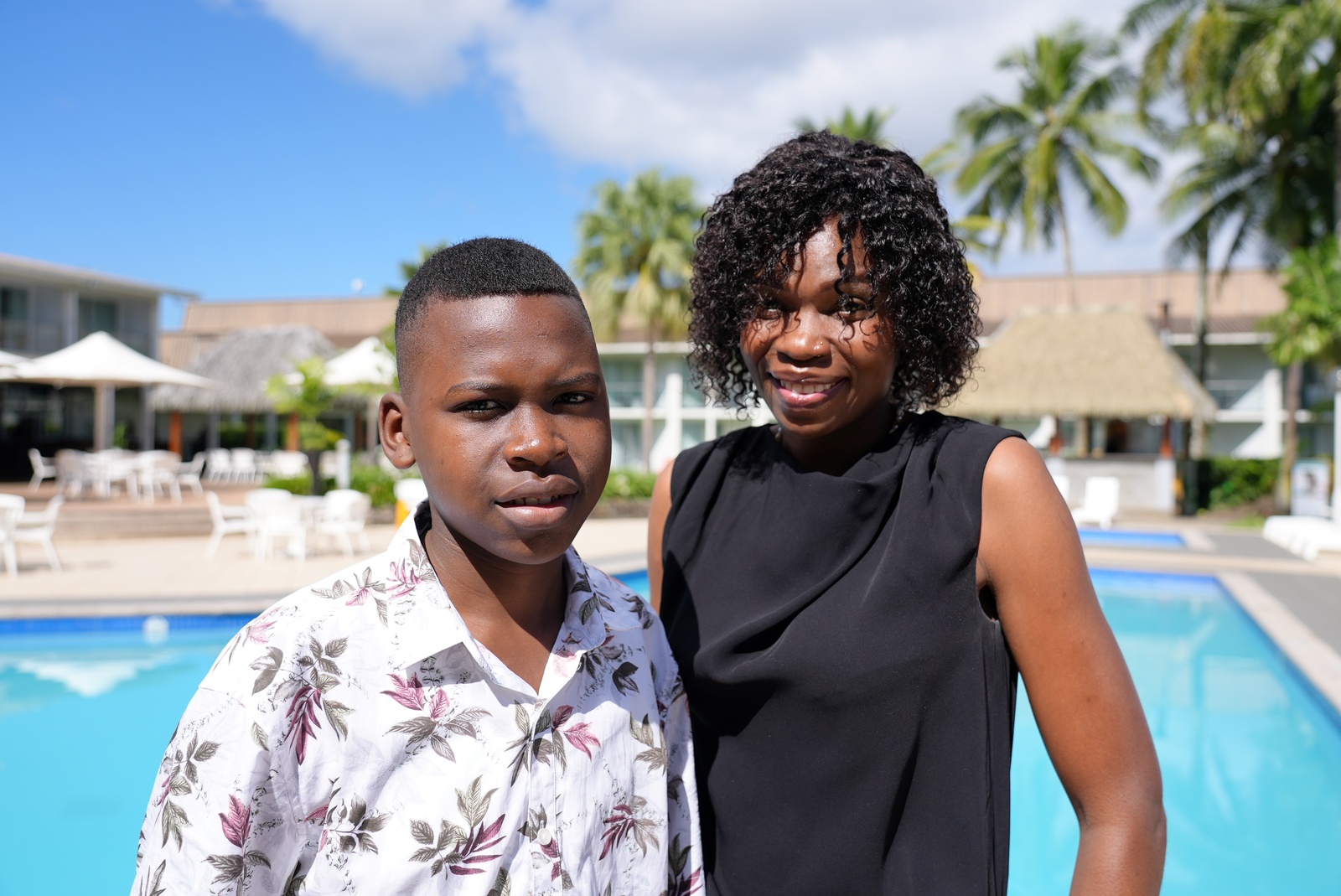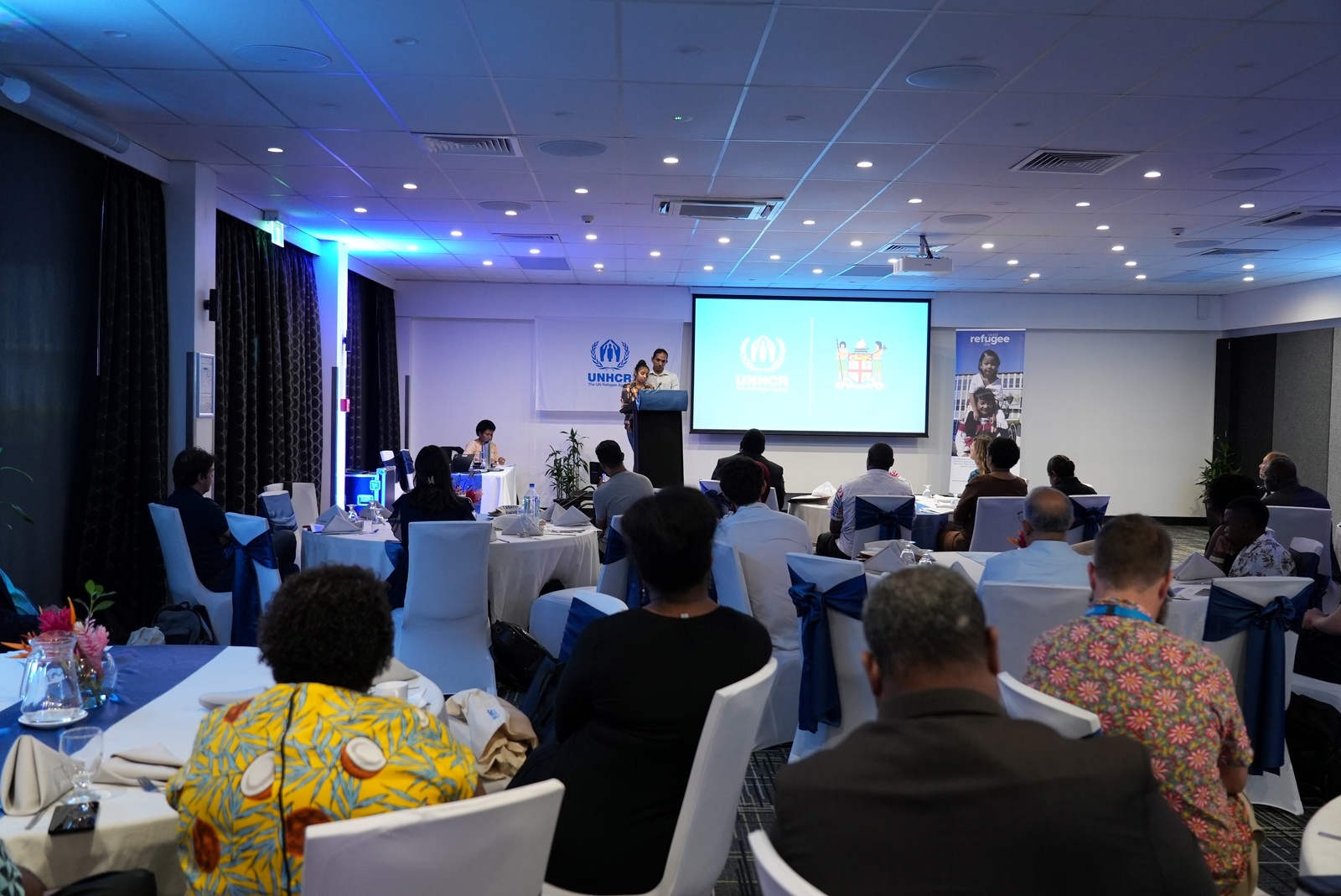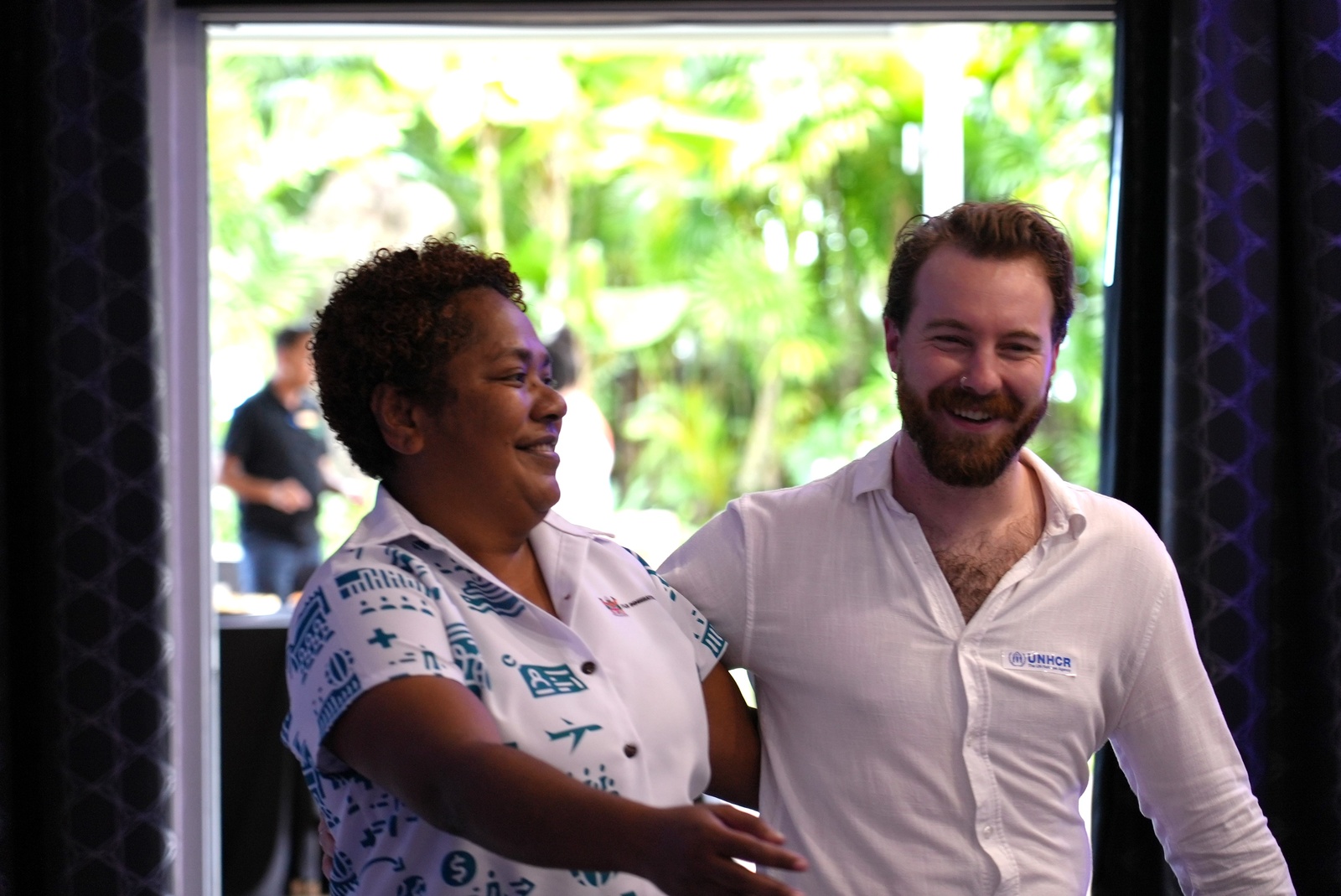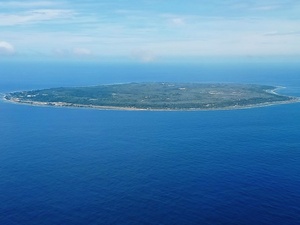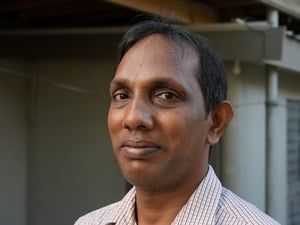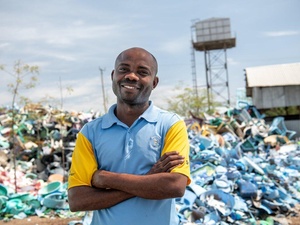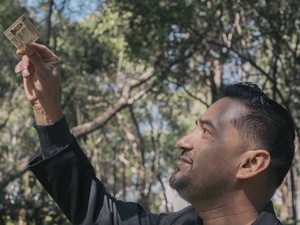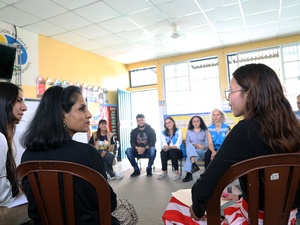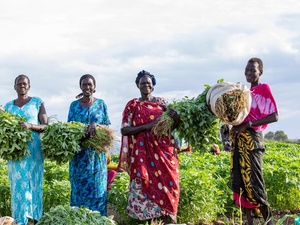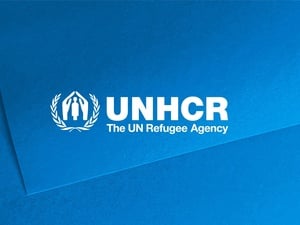Fiji: Shifting tides in Pacific refugee protection
Fiji: Shifting tides in Pacific refugee protection

The most populous of the Pacific island states, the Fijian archipelago has long played an influential role in regional affairs. Fiji is also host to the largest number of refugees throughout the islands. As such, the government has seen the value of developing a robust system to respond to the arrival of asylum seekers, and the community has seen the value of including refugees in the tight-knit fabric of its society.
As part of its mandate, UNHCR has been working closely with Fiji’s Immigration Department (FID), with support from other line ministries, to develop policies concerning asylum and refugees based on the 1951 Refugee Convention, to which Fiji is one of the six signatories in the Pacific. A major focus has been the joint crafting by UNHCR and FID of a standard operating procedure on refugee status determination, significantly improving the coordination and response to asylum matters and refugee case processing. This also lays the foundations for enhancing the broader legislative and policy framework on asylum in Fiji.
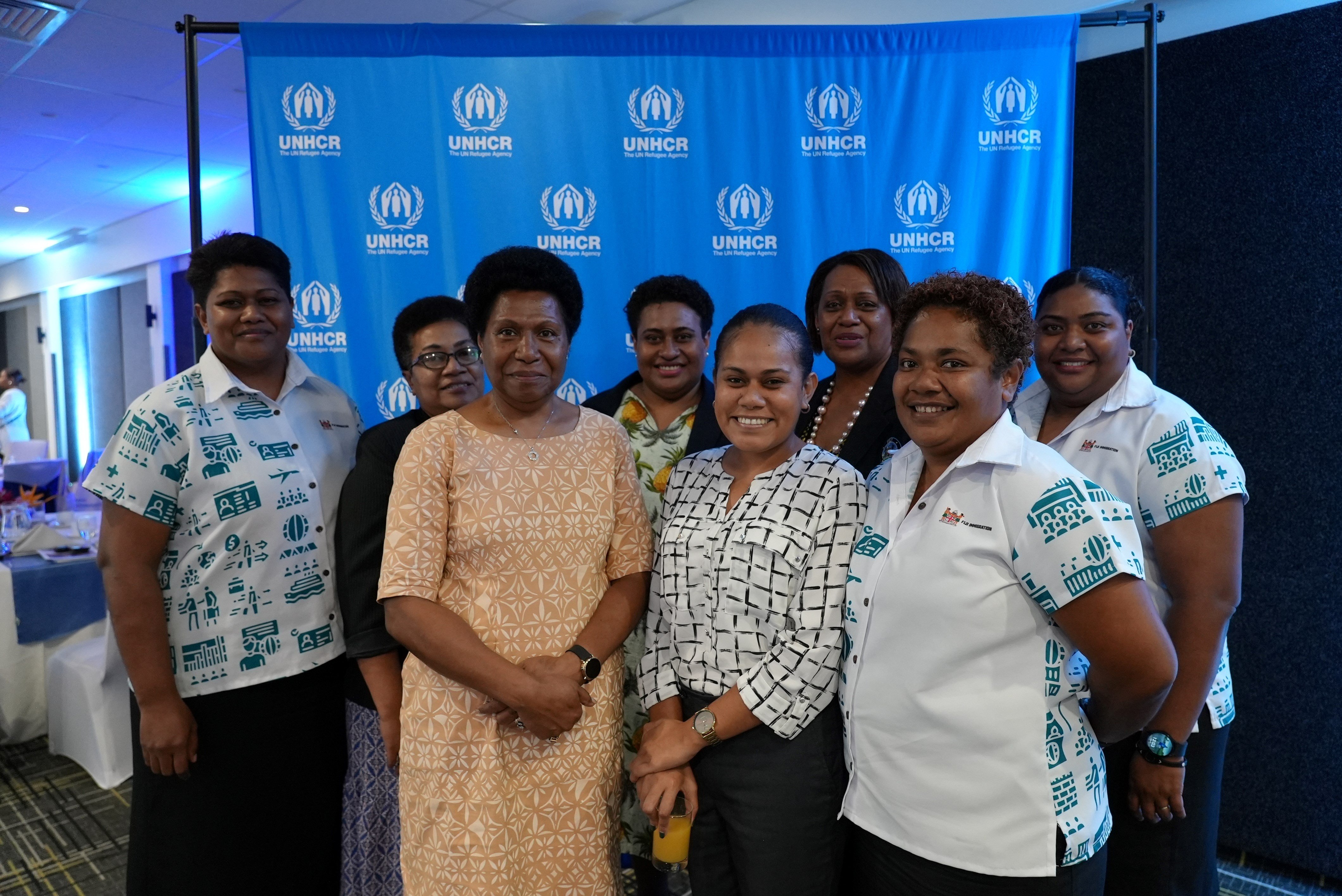
Fiji Immigration and UNHCR host a joint event showcasing their strong collaboration on asylum.
In tandem with the advances of the Fijian government, a vibrant non-government and civil society sector has stepped up to provide material and other support to the refugee population, enabling access to livelihoods and economic inclusion. For example, the Salvation Army has provided access to essential emergency shelter, food, and other basic items, as well as facilitating access to education and employment. Similarly, Fiji National University made remote English language learning freely accessible to the asylum seeker and refugee community in 2023. The Fiji Muslim League has also offered shelter and basic needs support, along with assistance securing vital interpretation and translation services. UNHCR and DLA Piper are collaborating to expand pro bono legal services in Fiji for asylum seekers, including a dedicated support person pilot program.
Further, several important partners including Extra Supermarket, FMF Superfresh, and IHG Hotels & Resorts, have supported with referrals and access to employment, an essential step for asylum seekers and refugees to achieve self-reliance in Fiji. These opportunities have been lifelines for vulnerable individuals, improving awareness and shaping the narrative around the positive role and contribution that asylum seekers and refugees make to Fijian society.
UNHCR and its national fundraising partner, Australia for UNHCR, have also expanded access to tertiary education for refugees in Fiji – and the Pacific more broadly – through the Pacific Higher Education Scholarship Program, in line with UNHCR’s campaign to see 15% of refugees globally enrolled in tertiary education by 2030. Access to education plays a vital role in refugees’ ability to integrate locally by supporting self-reliance, improving local language skills, and promoting inclusion and access to livelihoods.
The first graduate from the program, access to education and employment opportunities have enabled Sebastian to rebuild his life after being forced to flee.
Fiji demonstrates how the principles of inclusion and the whole-of-society approach outlined in the Global Compact on Refugees can transform the lives of refugees and contribute to the new places they make home. The Compact recognizes that to achieve the maximum benefit for all, the inclusion of refugees in the community should begin from the first stages of engagement with new arrivals. Allowing refugees to benefit from national services and integrating them into national development plans is essential for the sustainable development of refugees and the communities hosting them.
Today, UNHCR celebrated World Refugee Day with FID to highlight the impressive example of inclusion and solidarity with refugees that has taken shape in the nation. Honouring the incredible commitment and generous spirit government and civil society actors have shown in supporting refugees, a celebratory lunch brought together key stakeholders and refugees themselves to reflect on the progress that has been achieved and the path ahead. Karen Gulick, UNHCR Deputy Representative for Australia, New Zealand and the Pacific remarked,
“Fiji is a leader in the Pacific on refugee protection and serves as a beacon and guiding example to its Pacific and global brothers and sisters. UNHCR is honoured to mark this day in solidarity with the Fijian community and the refugees who now call Fiji home.”
With the number of forcibly displaced people at a record high of 120 million, and at a time of widespread conflict and political upheaval, refugees need our solidarity now more than ever. Solidarity means keeping our doors open and working together for a world where they are welcomed. It means celebrating their strengths and achievements and reflecting on the challenges they face. Above all, solidarity with people forced to flee is about finding solutions to their plight – from removing the barriers to their full participation in social, economic and political life, to ending the wars preventing them from returning home.


